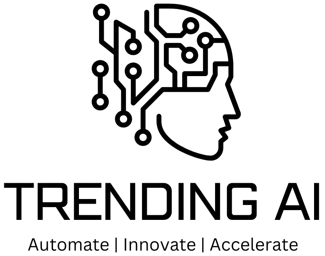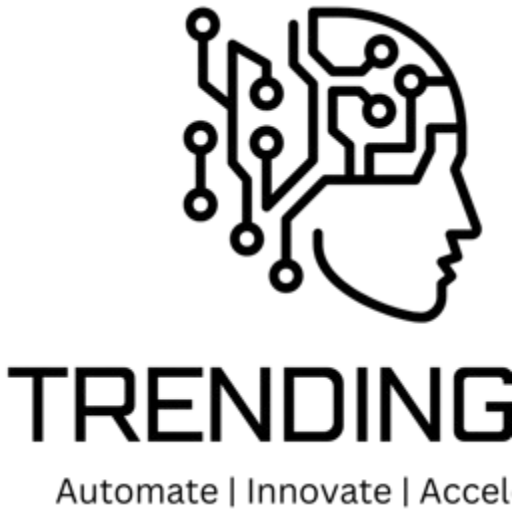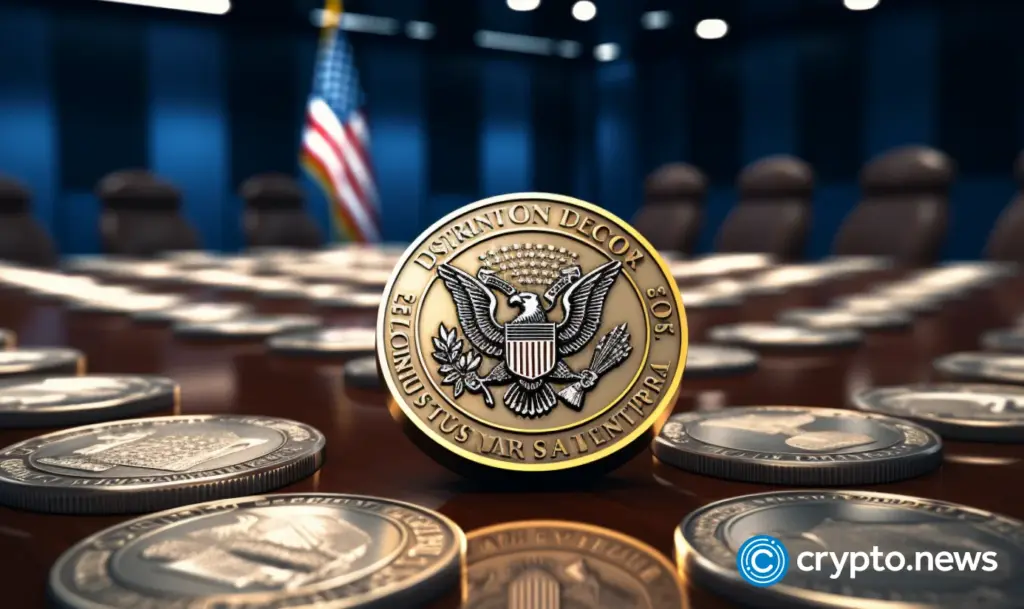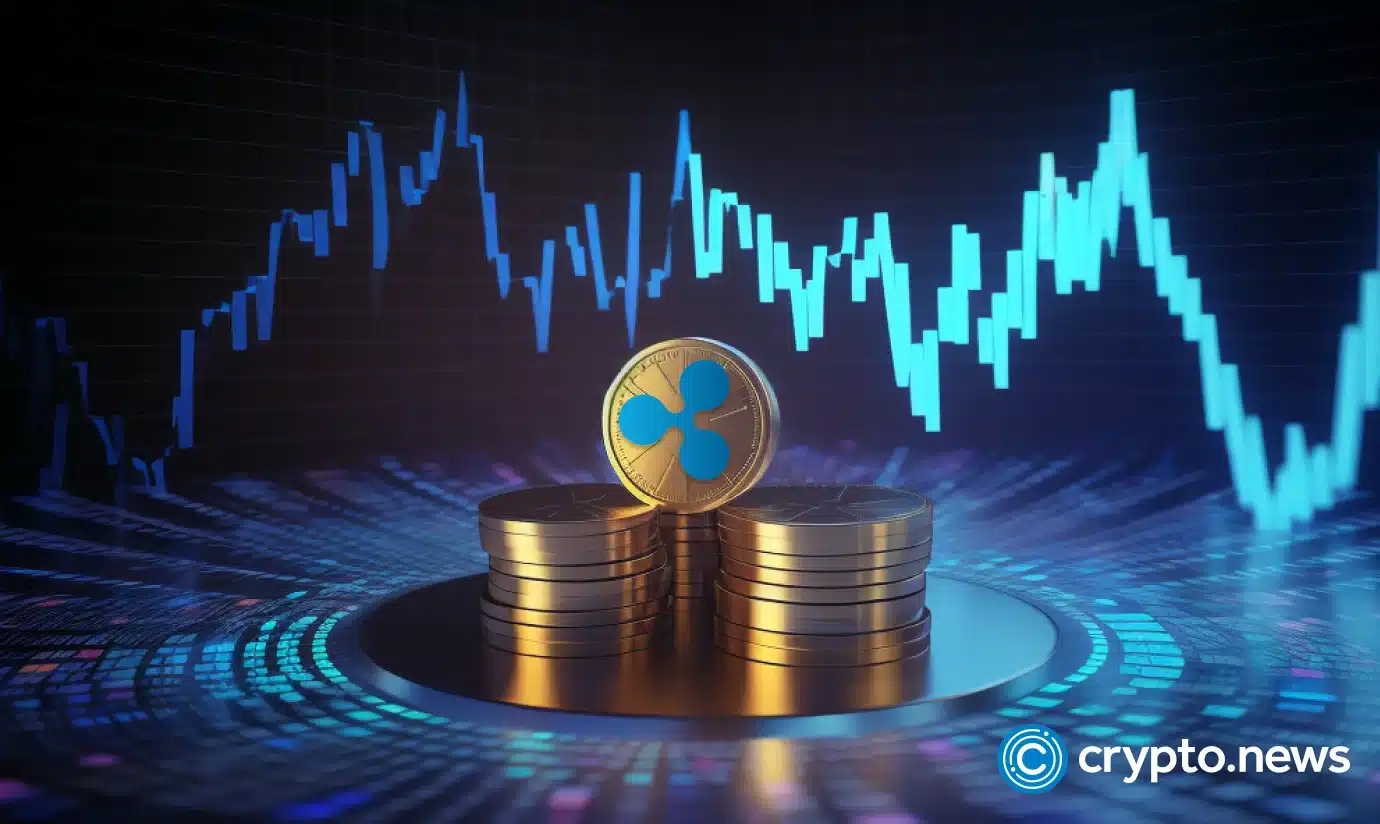Kraken outlined a blueprint for tokenized trading in rare talks with the SEC, testing whether U.S. securities law can adapt to blockchain markets.
Summary
- Kraken met the SEC’s Crypto Task Force on Aug. 25, presenting a detailed agenda on tokenized trading design, regulatory treatment, and market benefits.
- The agenda addressed system architecture, lifecycle of tokenized assets, compliance with securities law, and potential advantages like faster settlement, fractional ownership, and reduced costs.
- The meeting followed key regulatory developments, including Kraken’s 2023 lawsuit dismissal and the SEC’s May 2025 custody guidance on tokenized securities.
- Tokenization already represents $26 billion in assets, including $7 billion in U.S. Treasuries, as global jurisdictions advance clearer frameworks while the U.S. deliberates.
Kraken brings tokenized trading blueprint to the SEC
On Aug. 25, the SEC’s Crypto Task Force held a meeting with representatives from Payward, Inc., Kraken Securities, and lawyers from WilmerHale. The agenda submitted by Kraken focused on how a tokenized trading system could be built and regulated in the U.S.
The company outlined three main points for discussion. The first was the design of the system itself, including the core components of the architecture and the full lifecycle of certain transactions, from the issuance of a tokenized asset to its eventual settlement.
The second centered on the legal and regulatory framework. Kraken sought to examine how current federal securities laws would apply to such a system, and how the SEC might provide clarity that balances compliance with space for innovation.
The third point was the potential benefits. Kraken argued that tokenization is not just a technical shift but also a way to support capital formation and broaden access to financial markets.
A tokenized trading system is not the same as simply turning assets into tokens. Tokenization alone means creating a digital version of a share or bond that exists on a blockchain.
A trading system goes further. It encompasses the full structure that allows those tokens to be issued, exchanged, settled, and custodied in line with regulatory requirements.
Industry experts also took note of the meeting. Nate Geraci, president of ETF Store and a long-time analyst of digital markets, said that the meeting showed the SEC is now looking closely at the legal framework for tokenized trading systems in the U.S.
According to data from RWA.xyz, more than $26 billion worth of real-world assets are already represented on blockchains. Of that, over $7 billion comes from U.S. Treasury tokens.
This shows that tokenization has moved well beyond theory. The open question is how complete trading systems will be regulated in the U.S.
The SEC created the Crypto Task Force in January 2025 to address issues like these. Since then, it has been meeting with banks, asset managers, trading platforms, and crypto firms to test how digital assets fit within the existing rulebook.
Can 1930s securities law handle blockchain trading?
Kraken’s second agenda item with the SEC focused on how a tokenized trading system would fit within existing U.S. securities law.
The challenge is that many of the rules governing today’s markets were written for paper certificates and centralized clearinghouses, not for digital tokens recorded on a blockchain.
One area of discussion is likely to have been the Securities Exchange Act of 1934.
Any system that matches buyers and sellers of securities can fall under the definition of an exchange, meaning it must either register as a national exchange or operate as an Alternative Trading System under Regulation ATS.
That framework is already used by platforms that handle billions of dollars in securities each day, and it provides the most direct model for a blockchain-based system.
Custody is another critical question. Under Rule 15c3-3, broker-dealers face strict requirements for safeguarding customer securities.
In 2020, the SEC created a limited pathway for “special purpose broker-dealers” seeking to custody digital asset securities, but the guidance was narrow and temporary.
More recently, in May 2025, SEC staff issued clarifications on how control of tokenized assets can be established. This is essential because any trading system must demonstrate it can protect investor holdings while still operating on blockchain rails.
Transfer agents also remain part of the discussion. In traditional markets, they maintain the official record of security holders. On a blockchain, the ledger itself could perform that role, but U.S. law still requires a registered agent in many cases.
Regulators will need to decide whether smart contracts and distributed ledgers can substitute for the role that agents have historically played.
The meeting also took place against a backdrop of active enforcement. Kraken faced an SEC lawsuit in 2023 for operating as an unregistered exchange, broker, and clearing agency.
That case was dismissed with prejudice in March 2025, closing the matter without penalties or admission of wrongdoing..
Bringing a formal agenda to the Task Force suggests the company is now seeking a compliant path forward rather than repeating past disputes.
Meanwhile, the World Federation of Exchanges warned in August 2025 that tokenized stock products offered by some platforms risk undermining market integrity if they fail to provide investor rights such as voting and disclosures.
Fractional access opens doors to new investors
The final part of Kraken’s agenda with the SEC focused on the benefits of building a tokenized trading system.
One clear benefit is speed. Traditional securities trades in the U.S. now settle on a T+1 basis since May 2024, down from T+2 previously, but delays still remain in the clearing process.
The Depository Trust and Clearing Corporation reported that the shift to T+1 cut the NSCC Clearing Fund by about $3–3.7 billion, a reduction of roughly 23–29%, showing how faster settlement frees up capital across the system.
A blockchain-based system could shorten that cycle further, with settlement occurring within minutes instead of days.
Another benefit is access. Fractionalization makes it possible to divide assets into smaller increments, which in principle allows a wider pool of investors to participate.
Efficiency is also part of the case. In today’s markets, trades often move through multiple intermediaries, including brokers, clearinghouses, and custodians. Each adds cost and time.
A tokenized system can streamline these steps by using a single distributed ledger to record and verify ownership.
Franklin Templeton’s blockchain-based money market fund provides a working example. It uses a public blockchain to maintain its shareholder register and has highlighted operational efficiencies compared with traditional record-keeping.
Franklin Templeton operates a registered ’40-Act on-chain fund, while BlackRock’s BUIDL is a private tokenized liquidity fund for qualified investors, not a registered mutual fund.
Kraken also framed tokenization as a tool for capital formation. Lower costs and more open markets can attract new participants and make it easier for companies to raise funds.
Tokenization could be one way to achieve that reduction, especially in places where traditional infrastructure is limited.
Uneven frameworks raise the risk of regulatory arbitrage
The August meeting between Kraken and the SEC’s Crypto Task Force was one moment in a broader conversation unfolding across global markets.
BlackRock and Franklin Templeton have already shown that registered funds can operate on-chain, while banks such as JPMorgan are testing tokenized deposits with institutional clients.
The U.S. now faces a choice. Other jurisdictions, including the European Union, Singapore, and Hong Kong, have begun writing rules for tokenized securities. In contrast, the U.S. has leaned on case-by-case enforcement and informal guidance.
Global exchanges are watching closely. The World Federation of Exchanges has urged regulators to ensure that tokenized products do not bypass traditional investor rights.
At the same time, platforms such as Robinhood have started offering tokenized stock trading in Europe, and Coinbase has signaled interest in similar products, raising the prospect of uneven rules across jurisdictions.
Without clearer U.S. guidance, the risk of regulatory arbitrage grows, as firms may shift activity abroad to markets that offer more certainty.
The discussion with Kraken was not just about one company’s product plan but reflected a wider question now confronting every major regulator.
The answer will determine how quickly tokenized trading systems move from meetings and memos to operating at scale.







